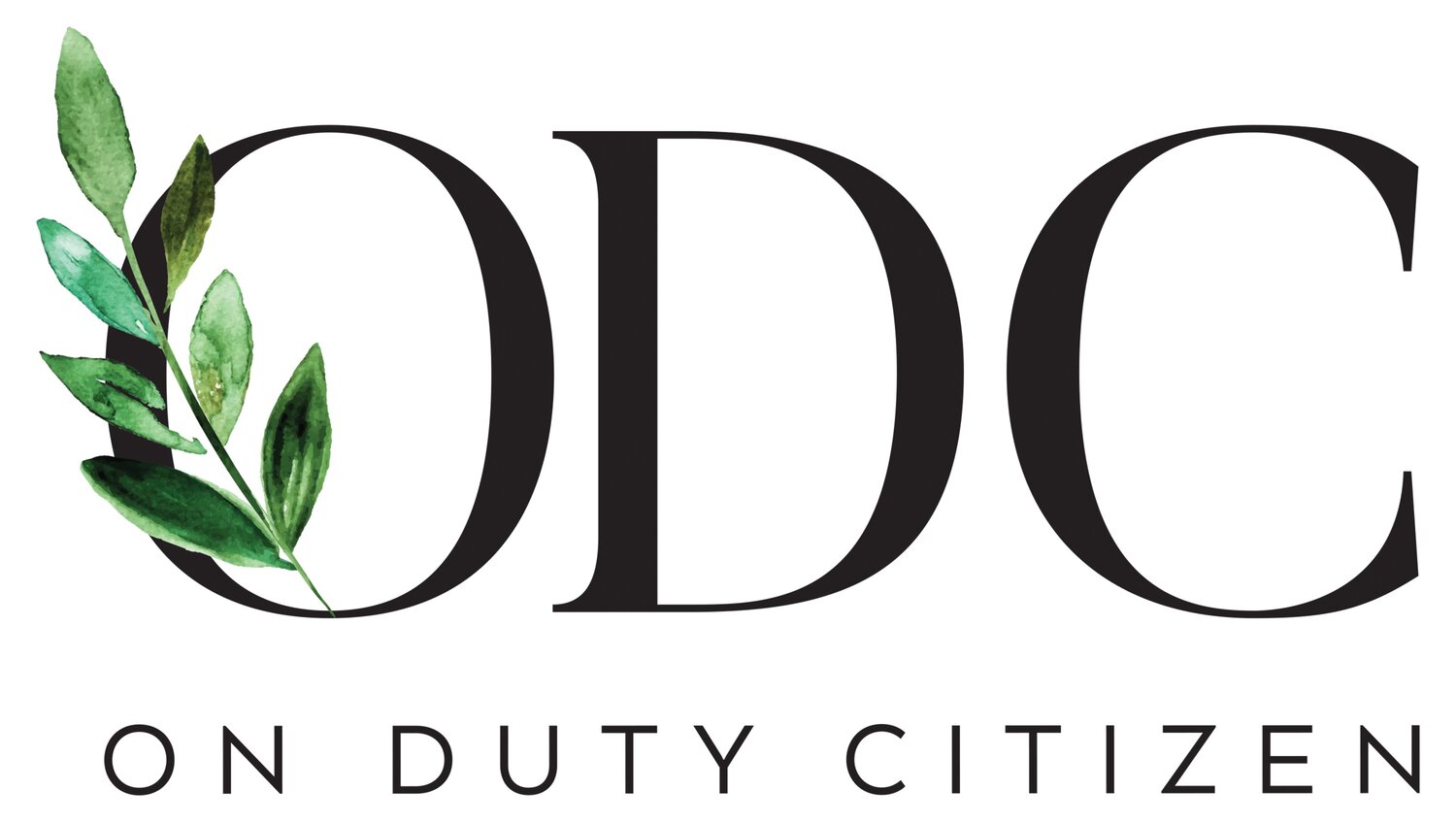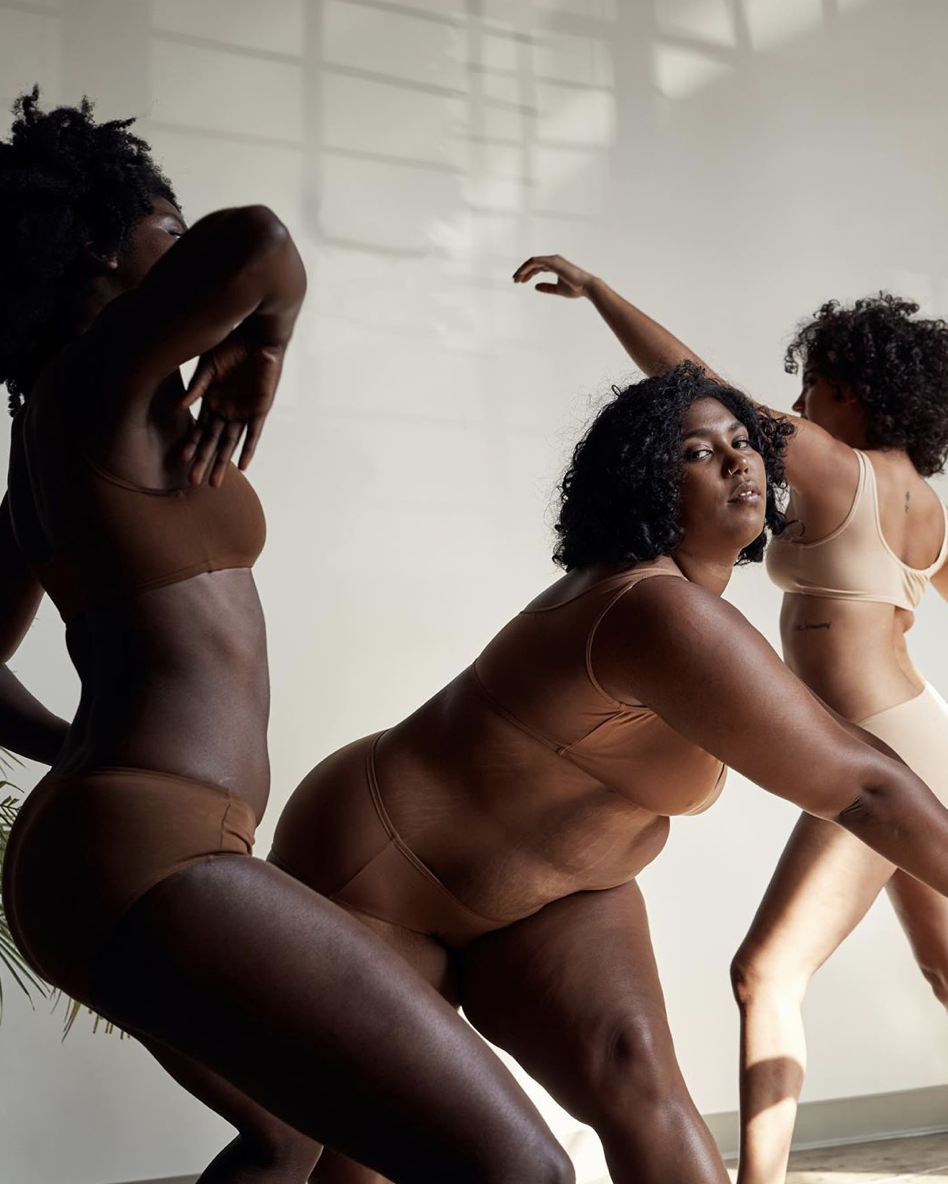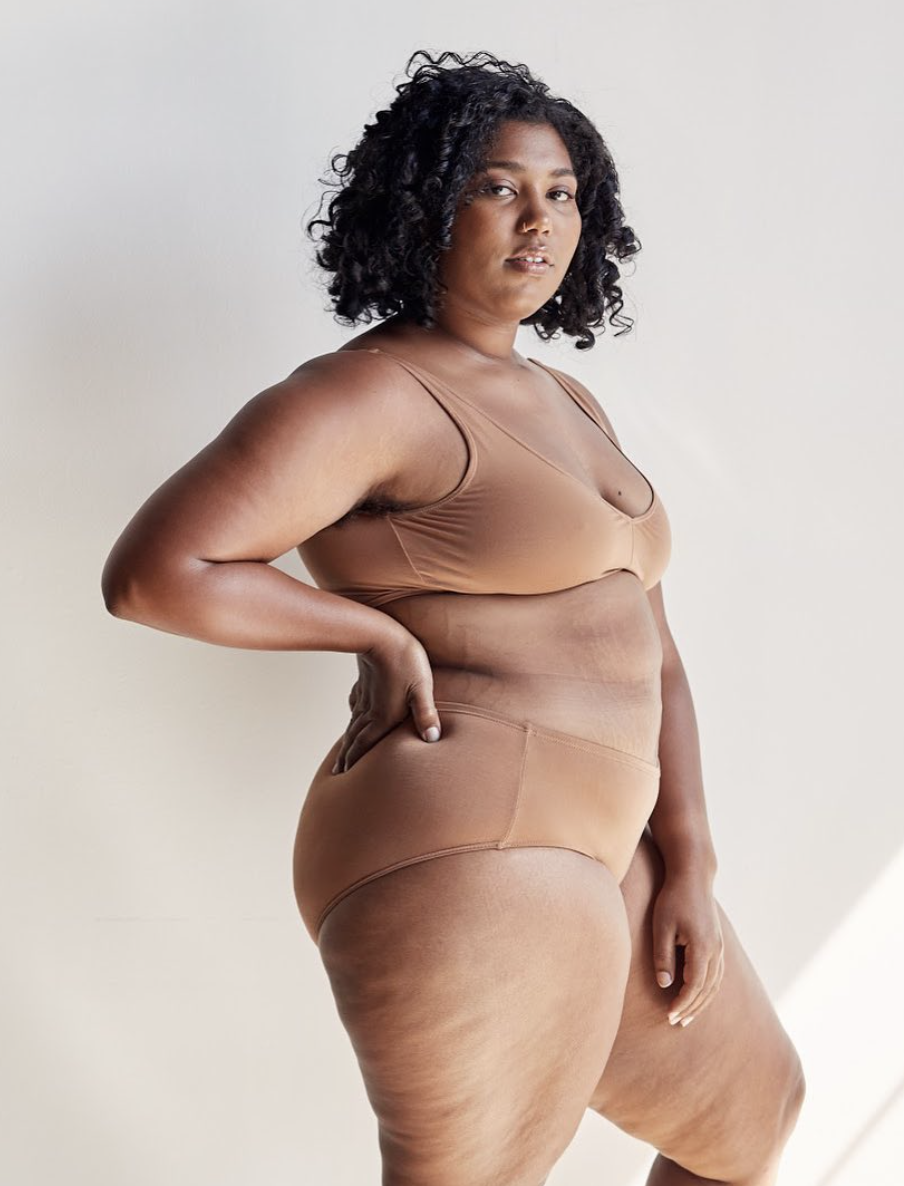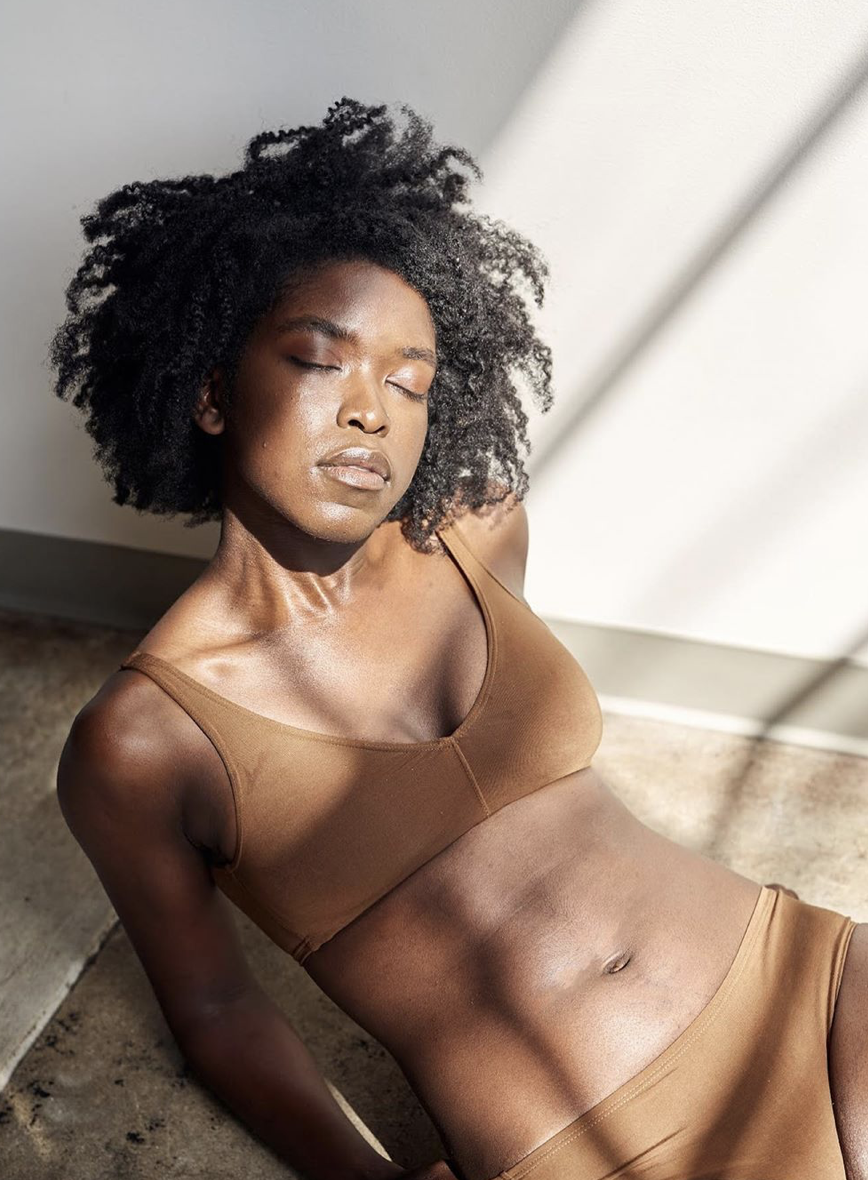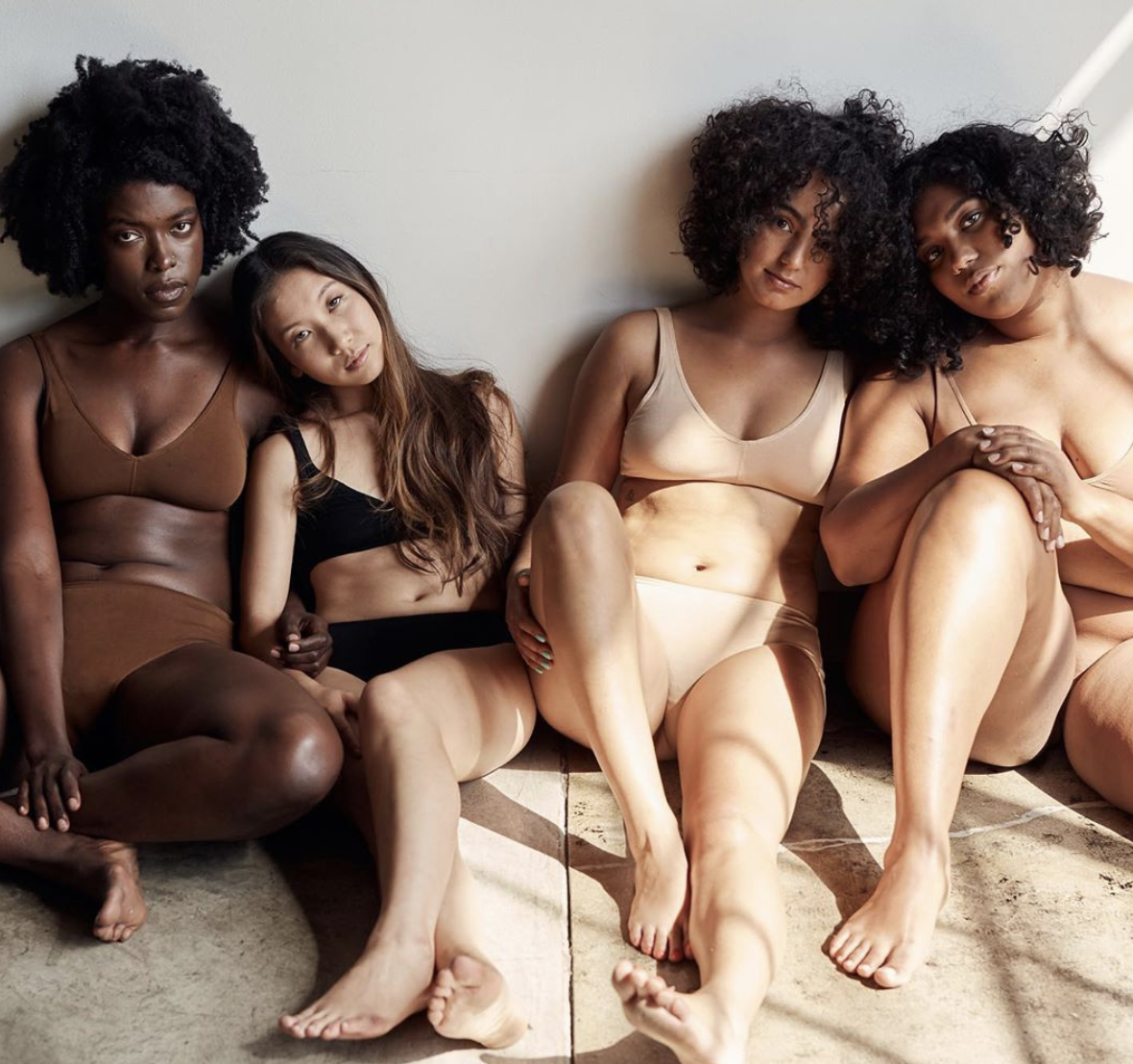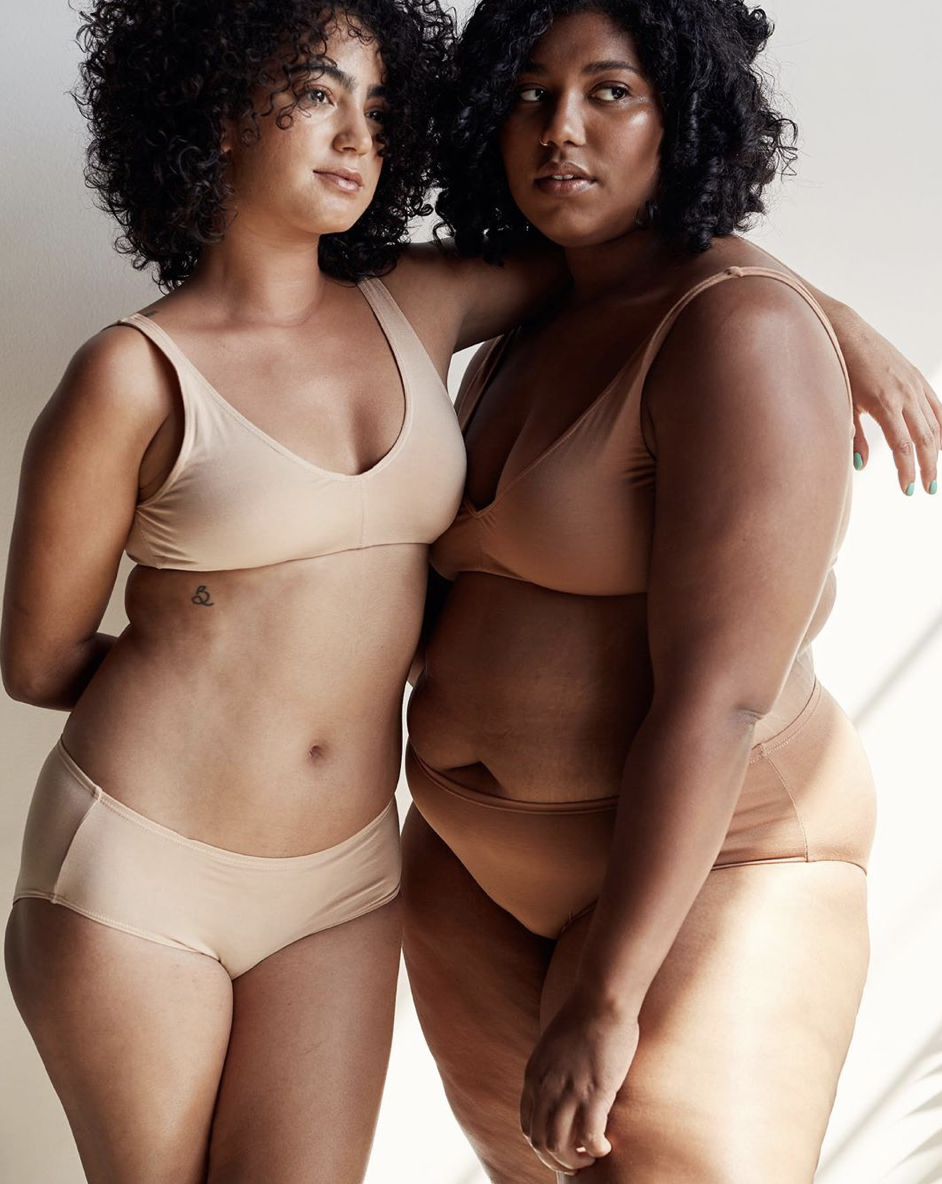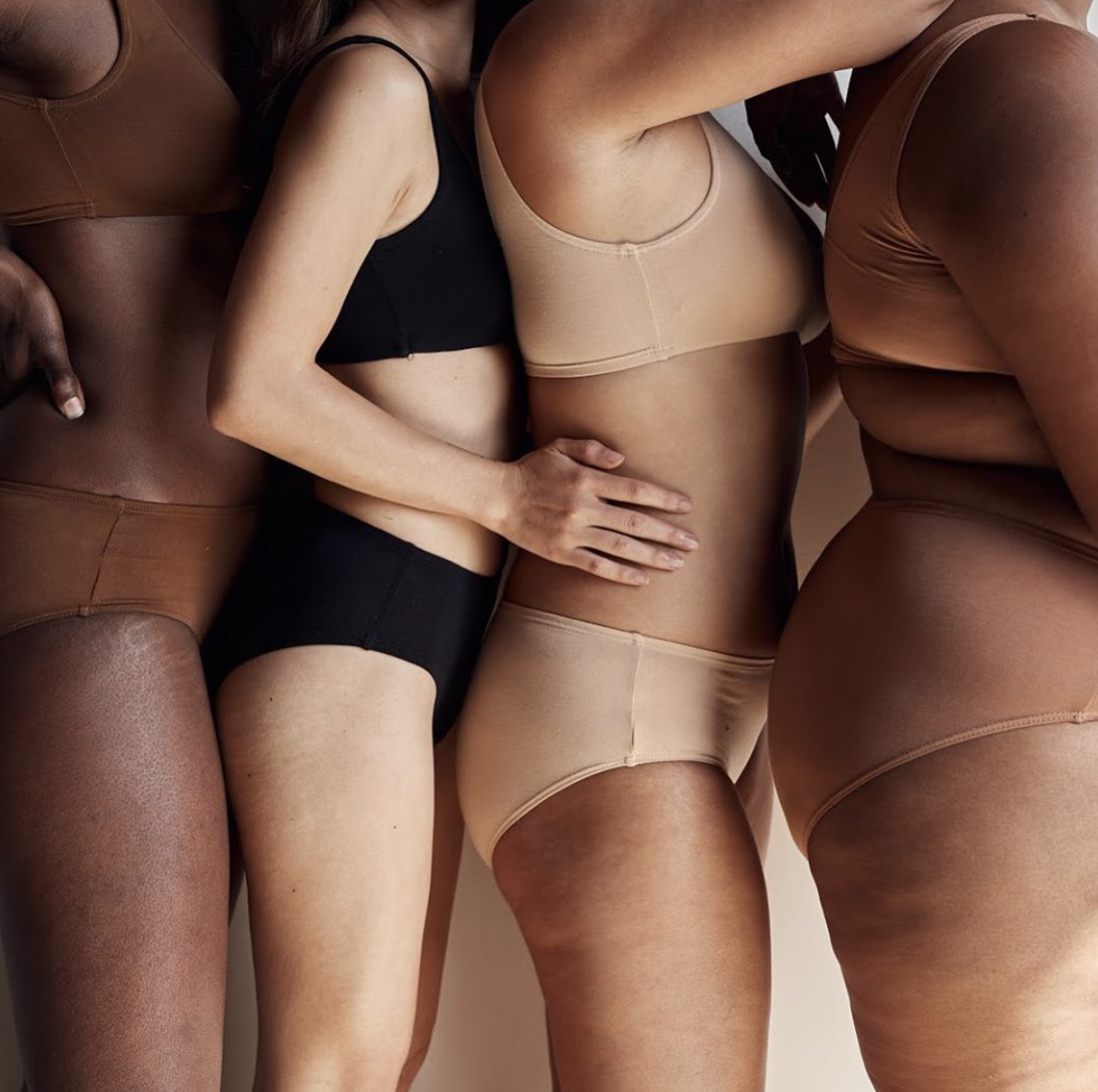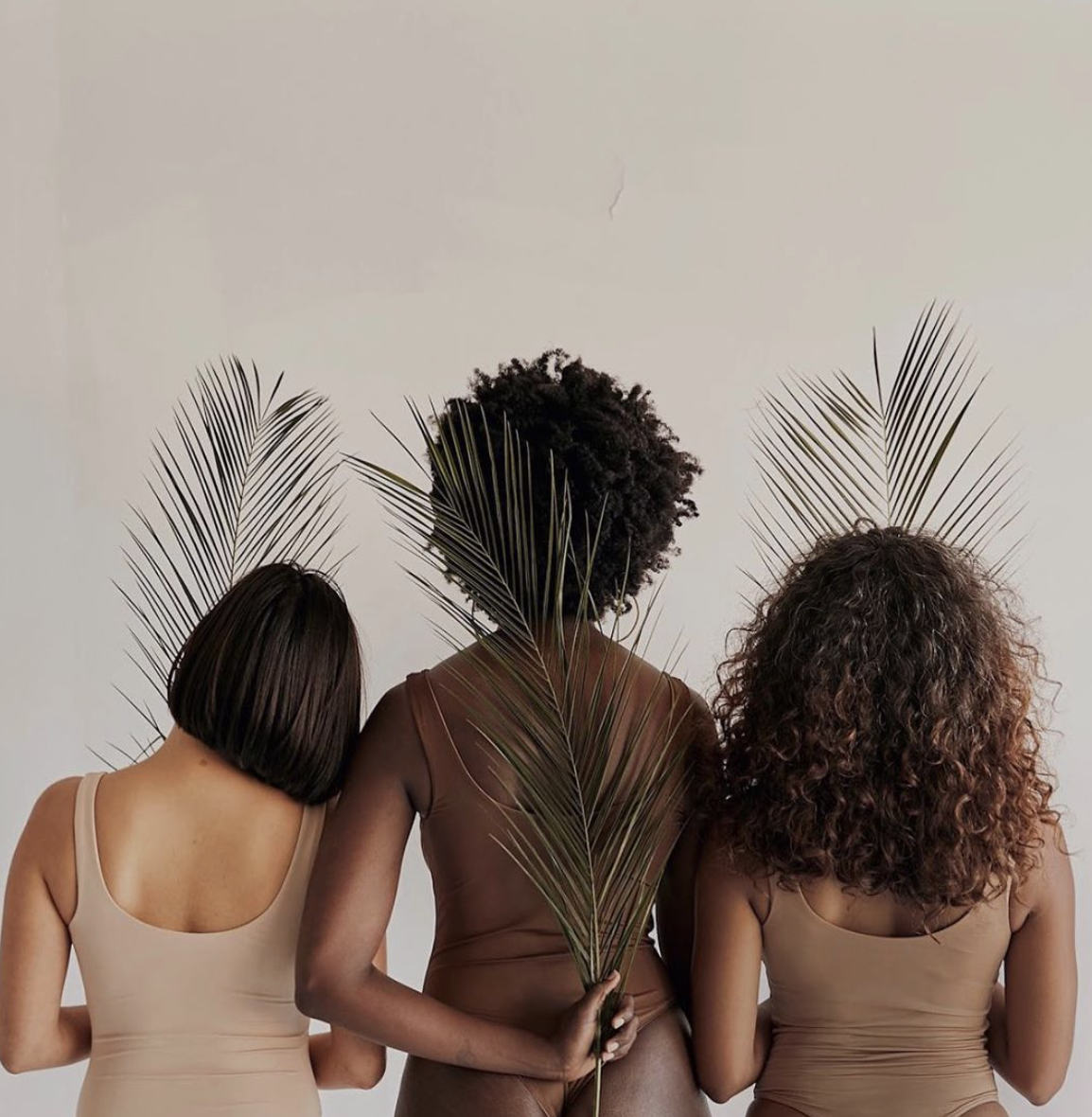I recently came across Proclaim; a women’s line of intimates that promotes inclusivity, longevity and comfort. As something that we all need to wear, I appreciated their mindfulness with encompassing size, style, and color. From why they choose to produce locally in L.A. to some of their favorite eco-friendly materials they incorporate in production design, check out our latest interview with Shobha Philips, founder of Proclaim… Enjoy!
1) Tell us about the journey from conception to fruition for Proclaim.
I started Proclaim because I was tired of not being able to find a nude bra that matched my brown skin as an Indian woman. For years, the fashion industry has chosen to ignore me and millions of women that don’t have the skin color that is ubiquitously known as nude. It was something I was aware of for as long as I can remember. I knew I wanted to be a part of the movement to revolutionize nude, but if I was going to do this, I wanted to do it right. Beyond inclusivity, there are so many issues in the fashion industry that are long overdue for change, specifically it’s negative effects on people and the environment. Proclaim is ethically made, inclusively designed intimates for women of all shapes, sizes and skin tones. Our pieces are made from eco-friendly fabrics and made locally here in Los Angeles.
2) We love that Proclaim is inclusive in size, and color. How did this become a part of the business model?
As someone who never felt they were included in the beauty narrative in fashion, being inclusive was particularly important to me from day one. Representation of women of all shapes, sizes and skin tones has been lacking, especially in intimates. All our pieces are created in inclusive nude tones and we have been working on expanding our size options with each collection. Our latest collection is available in sizes S-3X.
3) What are the main differences between post-consumer recycled bottles and Tencel fabrics and how does Proclaim incorporate them both into the designs?
All our fabrics are selected with environmental impact in mind. Recycled polyester is made from BPA-free recycled plastic bottles. We love recycled polyester because is it reduces reliance on virgin petroleum as a raw material and diverts plastic from landfills and oceans. Tencel, on the other hand is made from eucalyptus bark and made in a nearly closed loop process where 99% of the solvent is recovered, purified and reused. I love exploring new eco-friendly fabrics and hope to continue to work with different fibers as we grow.
4) What criteria does Proclaim company have for choosing factories to work with?
As an LA based brand, we work with factories that are based in LA to reduce our carbon footprint and contribute to the economy where we live. The factories pay fair wages in the form of salaries instead of per/piece which is a practice that can lead to underpayment of workers and a focus on quantity rather than quality. All our manufacturing partners meet state, local and federal workplace requirements for a safe workplace as well.
5) What can we do as consumers to prolong the life of our undergarments and how often should we purchasing new bras and underwear?
Handwashing instead of machine washing will lead to a longer life for any garment, but especially your delicate intimates. I know it’s not always convenient, but it makes a big difference. I also recommend hang drying to prolong the life instead of throwing them in the dryer. As far as when to purchase new intimates, it depends on how often you are wearing your bra or underwear. But in general, I try to pay attention to the comfort and fit of the bra. Your bra should be supportive and comfortable. If there is significant decline from wearing and washing over time, it might be time to replace.
6) Where should our used garments go once we’re finished with them?
I like to swap or give clothes to friends to ensure a longer life cycle for the garment. Donating clothes is another option to places like Goodwill or a homeless shelter. Many cities also have textile recycling programs that turn unusable garments into insulation and other industrial uses.
7) In your opinion, what is the most unsustainable part of the fashion industry? What is Proclaim doing to combat this?
The sheer volume of garments being produced is, in my opinion, the most unsustainable part of fashion. Churning out cheaply made clothes that are made to wear one or two times is simply not sustainable for the planet. Proclaim produces thoughtfully designed pieces in small batch production that is made for many wears in timeless, minimalist styles.
8) How has the company’s journey been through these difficult times of COVID-19? What can we, your community do to help?
We turned to making masks a few weeks ago in an effort to allow our production partners to keep working in a newly configured safe working environment and to donate masks to the Downtown Women’s Center in LA through our buy-one-donate-one program.
9. How do you think the fashion industry will change after this pandemic and what are you trying to do to cope with these changes?
I hope companies will use this time to rethink their business models and invest in a future that algins with the fragile ecosystem we live in.
10) What are the next steps for Proclaim? How do you see yourselves evolving in the next five years?
There are so many wardrobe staples that women need in inclusive nude tones and inclusive sizes. I’d like to continue to create these pieces within the sustainable business model we’ve built over the last 3 years.
